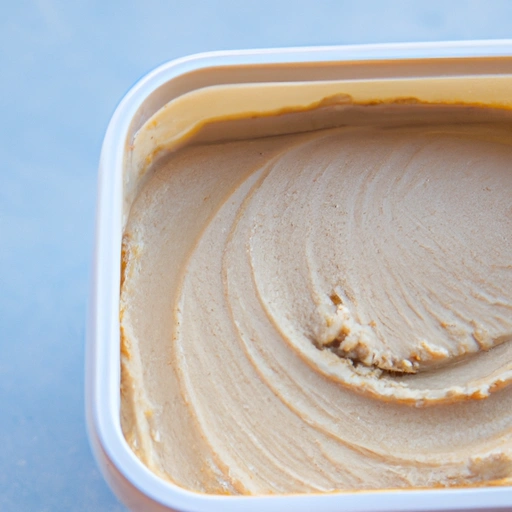White Miso
Description

White miso, known as 'shiro miso' in Japanese, is a traditional Japanese seasoning produced by fermenting soybeans with a large percentage of rice, which gives it a slightly sweet taste. It is a thick paste used for sauces and spreads, pickling vegetables or meats, and mixing with dashi soup stock to serve as miso soup. Its lighter color can be attributed to its shorter fermentation period compared to other types of miso, such as red or yellow miso.
Common uses
White miso is commonly used to season light soups, dressings, marinades, and as a condiment. It is also a key ingredient in miso soup, a traditional Japanese dish.
Nutritional value
Calories
Approximately 56 calories per 28 grams (1 ounce or about 2 tablespoons).
Protein
Contains around 3 grams of protein per 28 grams (1 ounce or about 2 tablespoons).
Fat
Approximately 2 grams of fat per 28 grams (1 ounce or about 2 tablespoons).
Carbohydrates
About 7 grams of carbohydrates per 28 grams (1 ounce or about 2 tablespoons).
Vitamins
Rich in Vitamin K and contains some B-vitamins.
Minerals
Source of copper, zinc, manganese, and phosphorus.
Health benefits
White miso is known for improving digestion due to its probiotic content. It also boosts the immune system, reduces the risk of some cancers, and contributes to overall health with its antioxidants.
Potential risks
Certain groups, such as individuals with soy allergies or those on low-sodium diets, should consume white miso in moderation due to its soy and salt content.
Common recipes
Used in traditional Japanese recipes such as miso soup, marinades for fish, and dressings for salads.
Cooking methods
Often mixed into warm dishes just before serving to maintain its health properties and flavor, as prolonged cooking can destroy its delicate nuances.
Pairing with other ingredients
Pairs well with ingredients like tofu, vegetables, rice, and seafood.
Summary
White miso is a flavorful and healthful ingredient that adds depth to a variety of dishes. Its subtle sweetness and creamy texture make it a versatile component in both traditional Asian recipes and modern Western cuisine. Given its rich historical background and nutritional profile, white miso is a wise addition to any kitchen pantry.